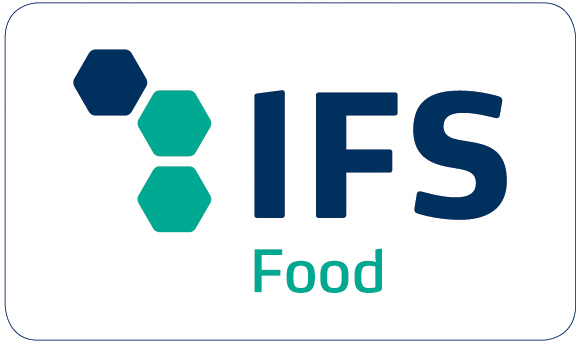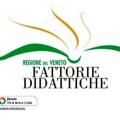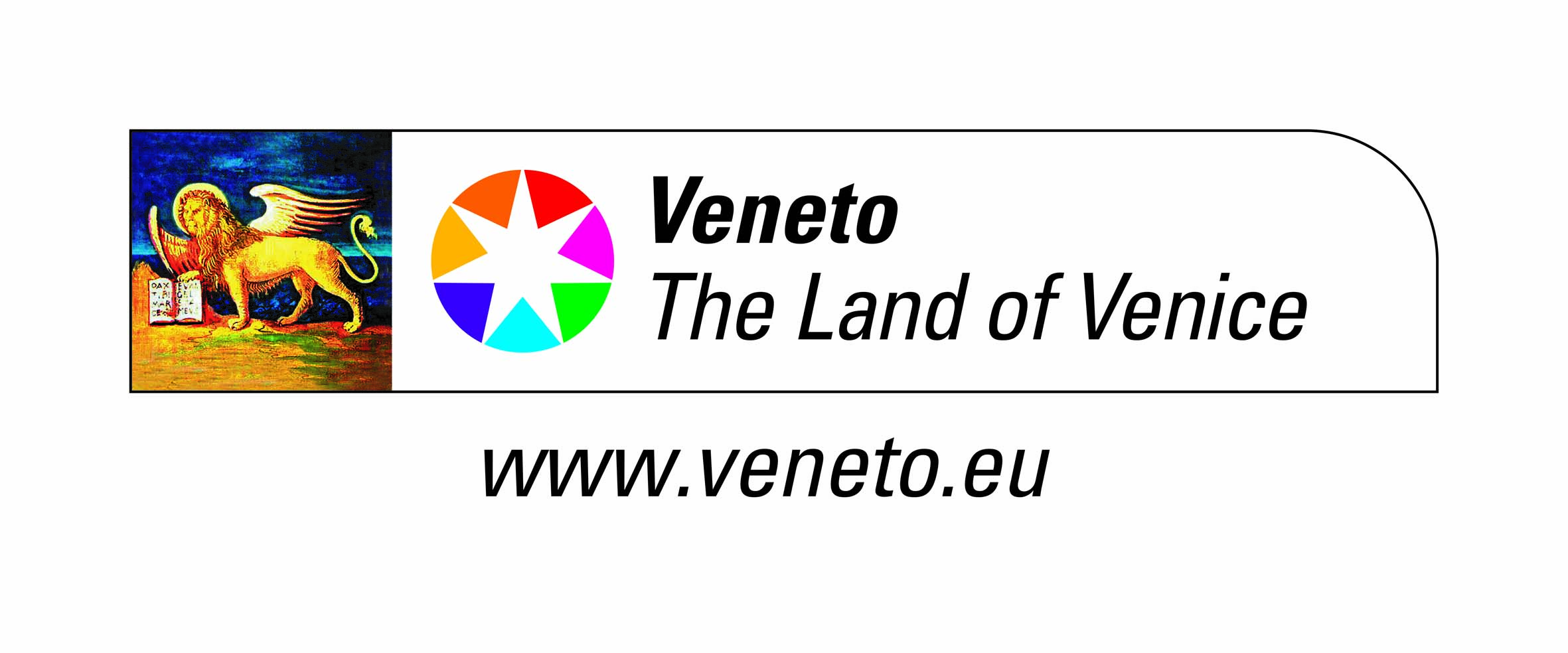MADE IN PADOVA
It’s very easy just to say salad! Rocket, valerian, lettuce, and then spinach, cabbages, radicchio. To understand more, we went to meet Francesco Barduca who has been producing these in Borgoricco since 1977. Once again, it is a family affair where the protagonists are Francesco Barduca and his wife Anna Maria Rossi. From taking a good look at the photos of when they were young at the entrance to the company, it is possible to see that this is a love story. And a lot of love was required at the start of the story, when the greenhouses were still made of wooden poles and tarpaulins which flew off at the first sign of a storm. Yet the Barucas have their feet firmly on the ground and have consolidated their activities as well as the link with their products which are slowly beginning to be distributed year round throughout Europe. Today, a visit to the farm is certainly informative to look at recent cultivation practices and above all vegetable processing which is compliant with all necessary certifications. In addition to the greenhouses, Barduca has equipped itself over the years with cutting edge installations and technologies to optimise processing steps and ensure the highest qualitative standards: such as the air tunnel drying mechanism which they designed and patented. So all clichés should be banned. What does it mean to be a farmer in the new millennium and what objectives and process innovations have you achieved in order to export your products to the tables of the infamously greenconscious countries such as those of northern Europe? «In order to work in Europe it was necessary to be in tune with the way of thinking that focuses on organic production and respect of the land, choosing processes which have the least possible environmental impact. In this sense, our business philosophy is continually focused on improvement and innovation, for example on the packaging front. In addition to the product processing company, we want to focus more on our organic farm, which has remained our first love. Thinking back to our origins and the centrality of the values that the land has always had in our culture, these choices seem to be ingrained in our DNA.» Your production is strongly oriented towards the organic. Today there is a great deal of talk about organic products, and sometimes there is some confusion. Could you explain to us, over and beyond the environmental aims, what does making this choice mean to you as a company? And what results has it brought you? «The approach to organic came at the end of the 90s after years in which attention to the environment seems to have been a marginal discourse, sacrificed to company profits. My wife and I realised that it was impossible to go far like that and we embraced the values and practices that have enabled us to continue our work with greater serenity and health. In addition, this has allowed us to insert ourselves into a niche market which is growing continually. With the benefit of hindsight we can say that this decision was far-sighted, even from a commercial point of view. In times like these, it is important never to lose sight of management control to keep the balance in order, year after year: but the greatest satisfaction is being able to continue to do a job which we love.» Let’s talk about the Made in Padua Design Award. How did the innovative packaging project start and how did you develop it`? And how does it help you to deliver products to clients which are even more wholesome and fresh? «It’s strange, but in order to talk about innovation, I must start from tradition, our origins. Our family has been rooted to this land for many generations and we have always been taught to consume what is produced and reuse everything: to optimise resources. This is why, while the right hand works on respecting the land and sustainable agriculture, the left hand is patenting an air tunnel which dries our products which are too delicate to spin, or invents a bag which, thanks to a relief valve, allows spinach to be cooked directly in a microwave without wasting water or dirtying pans. In a society that teaches us that it is quicker to buy new rather than mend something, we are trying to sharpen our wits and to value what we have.» What are your plans for the future and what advice would you offer to young people who, like you, want to get closer to the earth and rediscover the benefits, even if it means more effort? «It’s a question very close to us as our three children are moving in the direction of this kind of work. I am convinced that the production of quality food, combined with well-valued land and our unrivaled cultural heritage could bring to our land over 20% of the GDP. In this sense, our projects continue to look towards Europe, while in parallel we want our end-consumers to get closer to our products and to the places they are produced. We always bear in mind this wonderful saying: “We do not inherit the Earth from our ancestors, we borrow it from our children”. I would remind young people that “the soil is low” [an old farmers’ saying] - it needs hard work, perseverance and passion, but it is capable of great generosity, and in spite of everything it remains there to remind us that we have a duty to desire a better future for everyone.»



